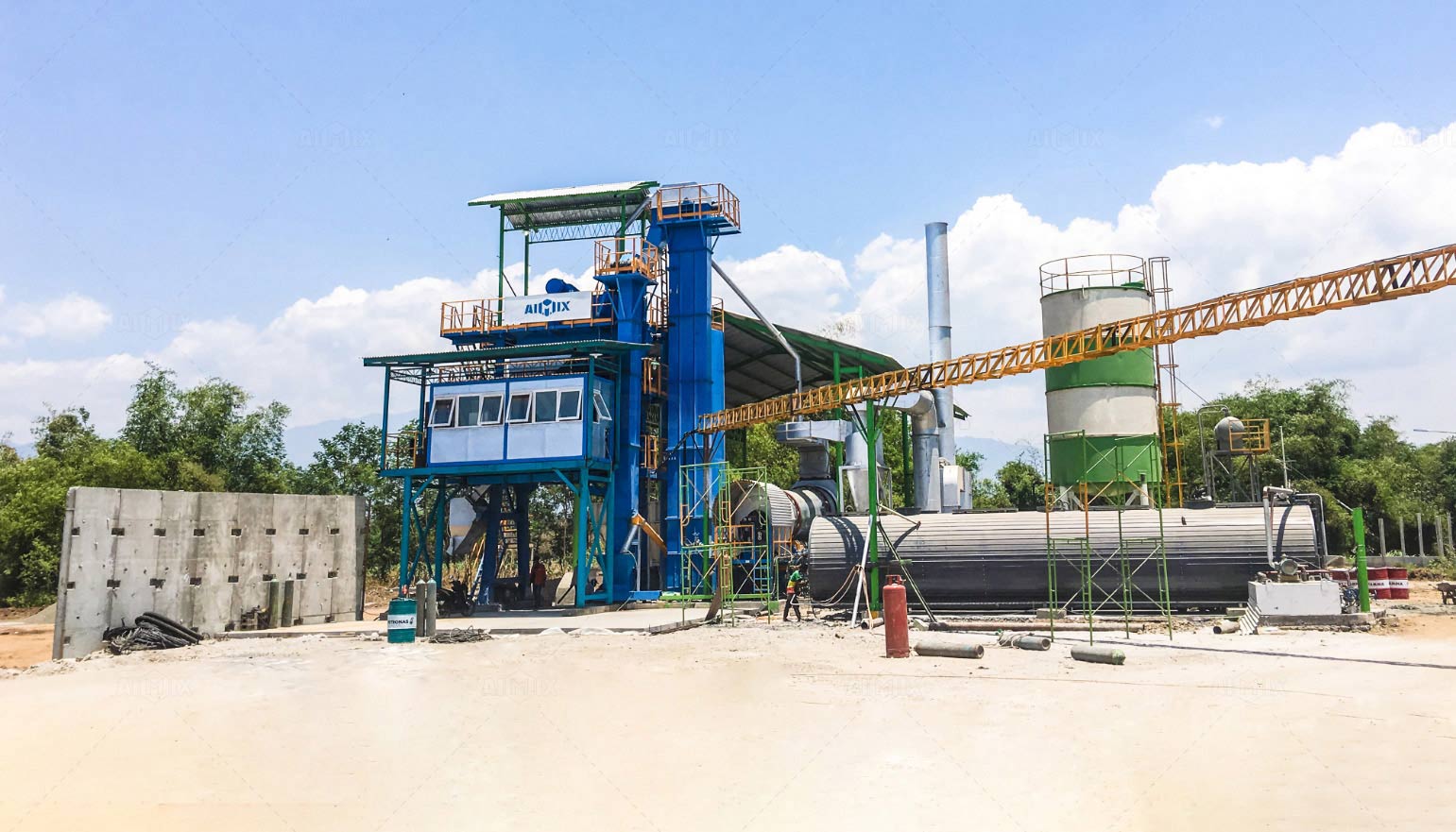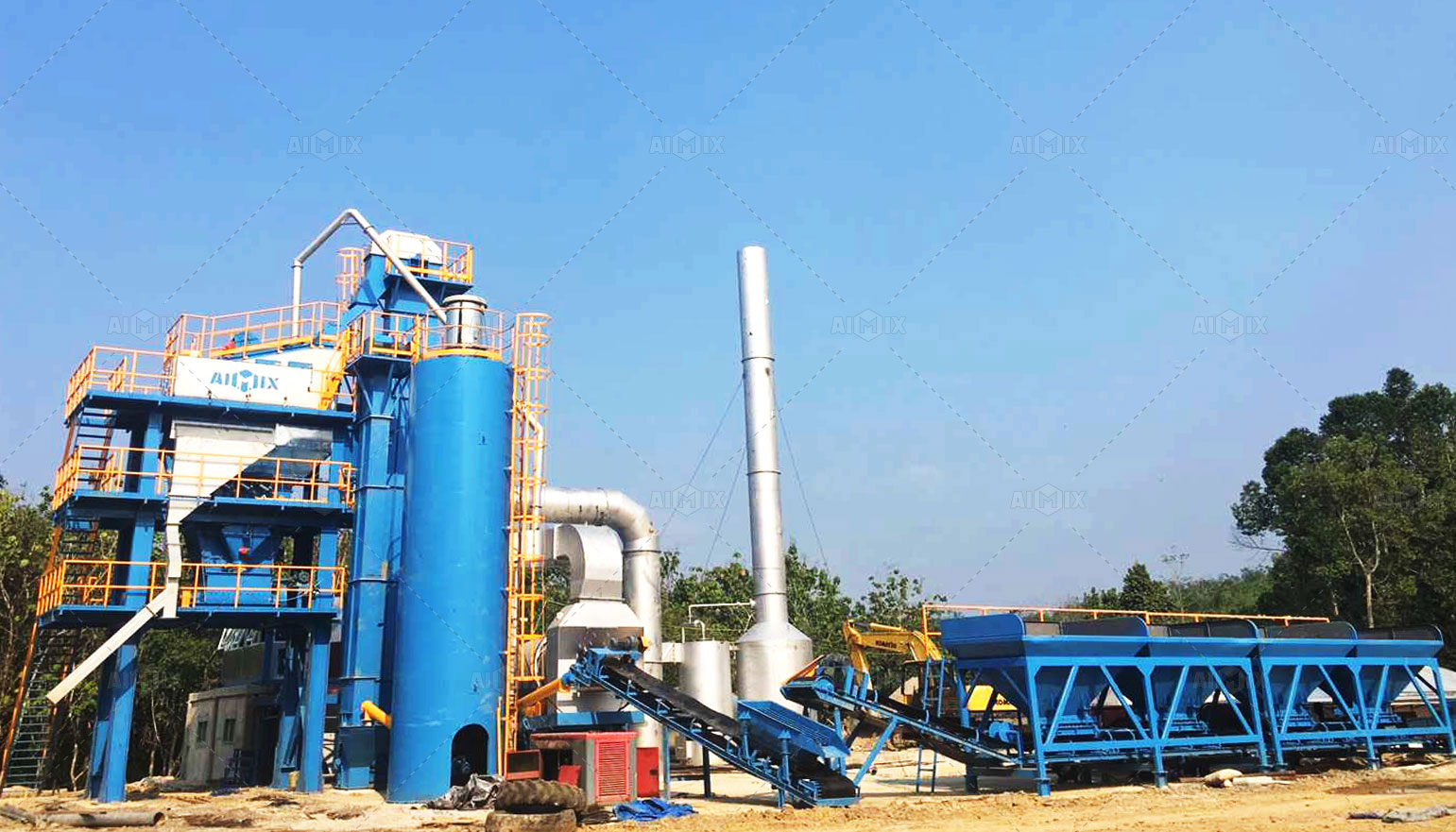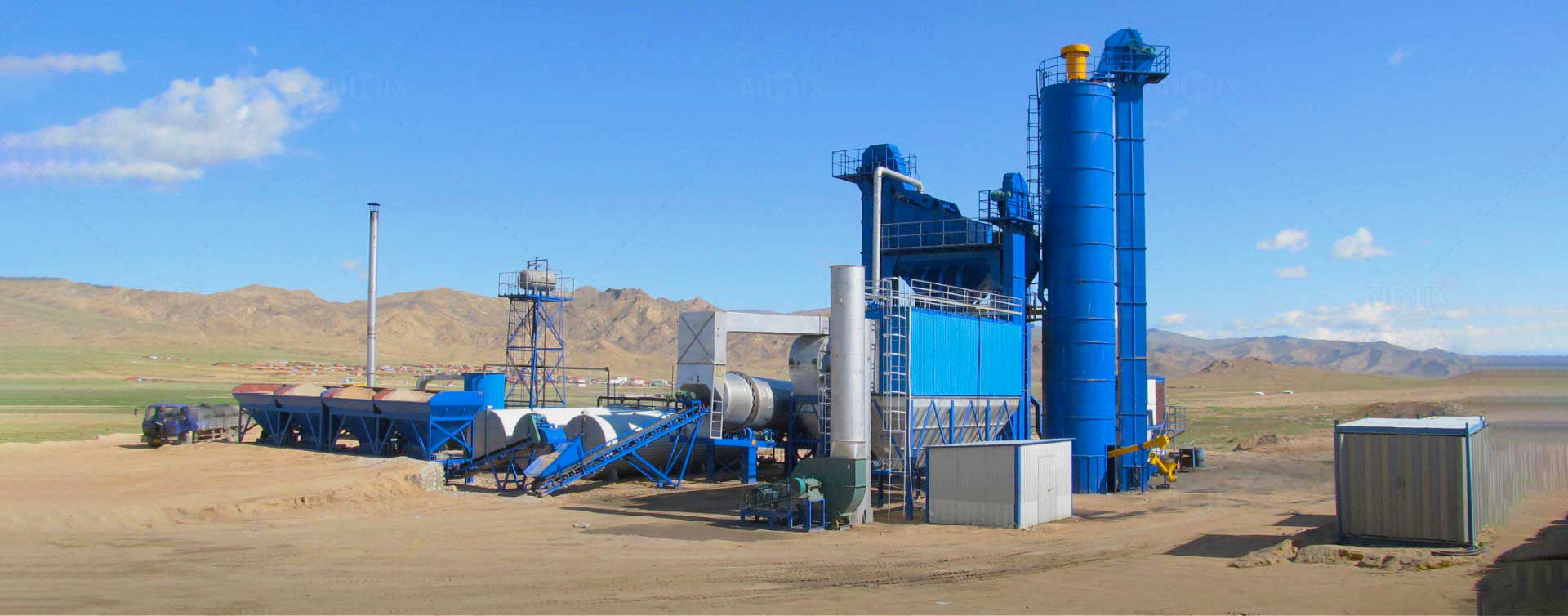Asphalt mixing plants play a crucial role in the construction industry, facilitating the production of asphalt for various infrastructure projects. However, like any complex machinery, these plants are susceptible to failures, which can disrupt operations and incur costly downtime.
Electrical System Failures
Electrical system failures are among the most common issues encountered in asphalt plant sale. These failures can range from minor electrical glitches to complete system breakdowns, resulting in downtime and delays in production. Causes of electrical system failures include:

Faulty Wiring: Poor wiring connections or damaged cables can lead to electrical shorts and system malfunctions.
Overloading: Exceeding the rated capacity of electrical components can cause overheating and eventual failure.
Moisture Ingress: Water infiltration into electrical components can cause corrosion and short circuits.
Solutions: Regular inspection and maintenance of the electrical system are crucial to prevent failures. This includes tightening connections, replacing damaged cables, and implementing moisture-proofing measures. Additionally, installing overload protection devices can safeguard electrical components from excessive current.
Mechanical Component Failures
Mechanical component failures can significantly impact the performance of mobile asphalt plant china. These failures often result from wear and tear due to continuous operation and inadequate maintenance practices. Common mechanical failures include:

Bearings Failure: Bearings support rotating components and are prone to wear and fatigue over time.
Gearbox Malfunction: Gearboxes transfer power to various components and can experience lubrication issues or gear misalignment.
Conveyor Belt Damage: Continuous exposure to abrasive materials can cause conveyor belts to wear out and tear.
Solutions: Implementing a proactive maintenance schedule is key to preventing mechanical failures. This involves regular lubrication of bearings, alignment checks for gearboxes, and routine inspection of conveyor belts for signs of wear. Timely replacement of worn-out components is essential to prevent catastrophic failures.
Control System Issues
The control system is the brain of mini asphalt plants, governing the operation of various components and ensuring precise mixing of asphalt ingredients. Control system failures can disrupt production and compromise the quality of asphalt output. Common control system issues include:
Software Malfunctions: Software glitches or programming errors can cause erratic behavior and system instability.
Sensor Calibration Problems: Inaccurate sensor readings can result in improper material proportions and inconsistent mix quality.
Communication Failures: Communication breakdown between control system components can lead to loss of coordination and operational inefficiencies.
Solutions: Regular software updates and system diagnostics can help mitigate control system failures. Calibrating sensors regularly and ensuring proper communication protocols are essential for maintaining accurate control over the mixing process.
Environmental Factors
Environmental factors such as extreme temperatures, humidity, and airborne contaminants can also contribute to asphalt mixing plant failures. These factors can accelerate wear on components and compromise the integrity of critical systems.
Temperature Extremes: High temperatures can cause overheating of equipment, while low temperatures can affect lubrication and material flow.
Humidity and Corrosion: Moisture in the air can accelerate the corrosion of metal components and electrical connections.
Dust and Debris: Airborne particles generated during the mixing process can accumulate on machinery and hinder performance.
Solutions: Implementing environmental controls such as temperature regulation systems and dust collection mechanisms can help mitigate the impact of environmental factors on asphalt mixing plants. Regular cleaning and corrosion prevention measures are also essential for maintaining equipment integrity.
In conclusion, proactive maintenance, regular inspections, and implementation of appropriate solutions are essential for minimizing asphalt drum plant failures. By addressing common issues promptly and adopting preventive measures, plant operators can ensure smooth operations, maximize productivity, and deliver high-quality asphalt for construction projects.
